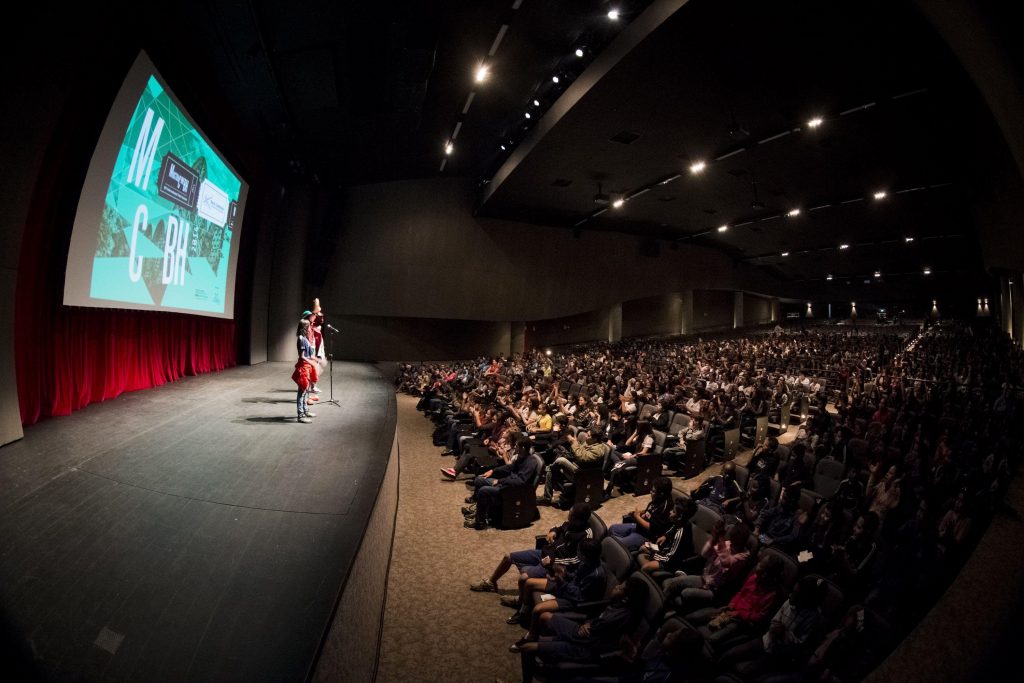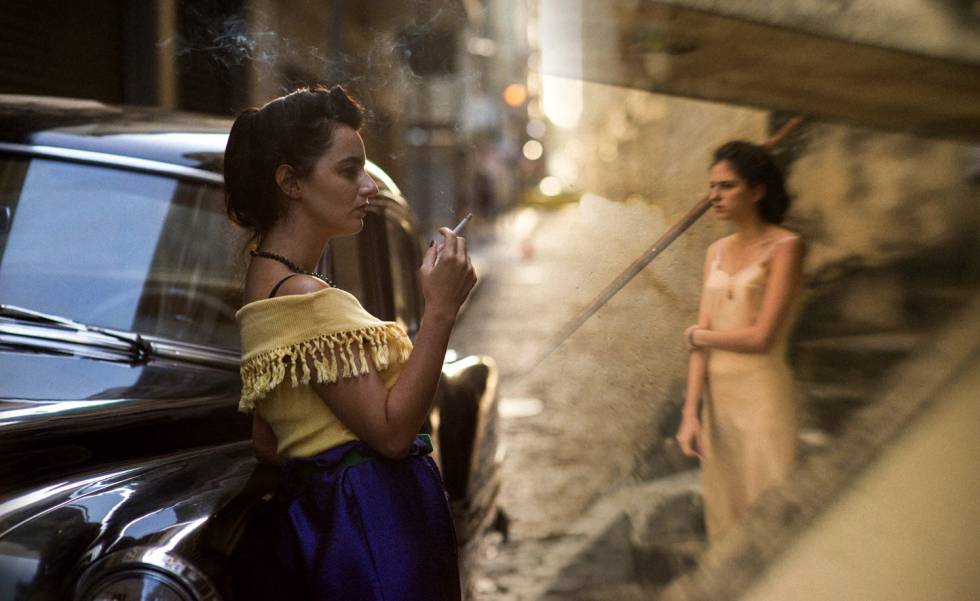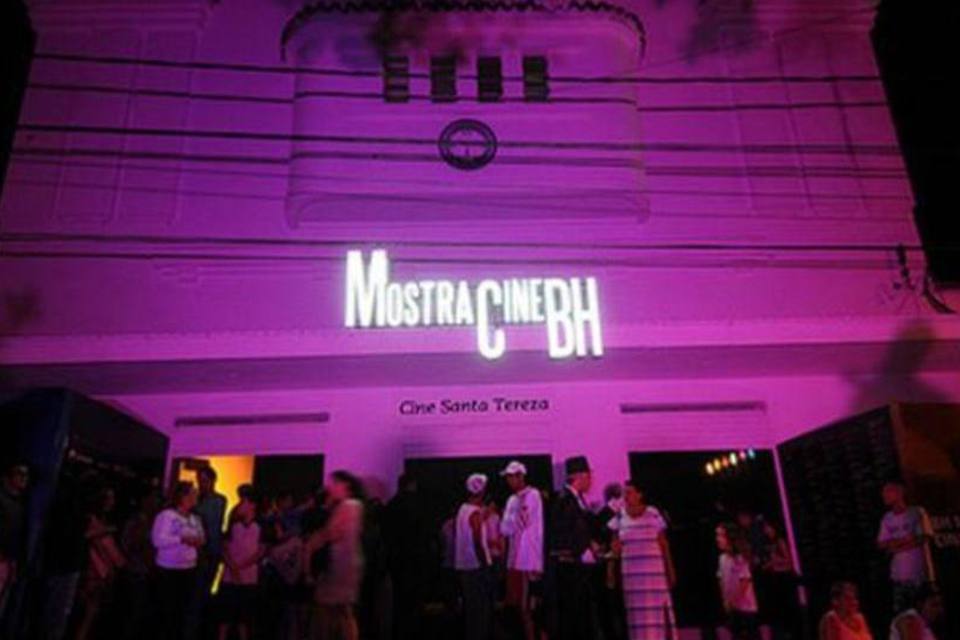RIO DE JANEIRO, BRAZIL – In recent months, Brazilian films have won prestigious awards at the Cannes Festival in France, the Locarno Festival in Switzerland, and the Venice Festival in Italy. This is the main focus of the debates at the Belo Horizonte International Film Festival (CineBH), with the theme “The internationalization of Brazilian cinema and the challenges for the future”. The event, celebrating its 13th edition, will take place between next Tuesday, September 17th and Sunday, September 22nd.

“The number of Brazilian productions that have been distributed in international festivals over the past ten years has been the highest in history. On the other hand, the Brazilian public’s attendance at movie theaters to watch these movies is still very small compared to foreign productions. Despite this international repercussion, there is a historical and serious issue with the distribution of these products. The film eventually wins an award, but it is very little watched in Brazil. This is a contradiction”, says Francis Vogner, CineBH curator.
According to Vogner, the exhibition will be an opportunity to take stock of the success of Brazilian productions and, concurrently, to think about the challenges and the future of public policies for the sector. “For Brazilian cinema to flourish and develop, in addition to international awards, it needs internal legitimacy. People need to know how it is made, what it is made of,” he added.
In addition to debates and workshops, the program includes the screening of 85 films. There are productions from 11 Brazilian states and five other countries: Argentina, Colombia, the United States, France, and Portugal. There are activities for all age groups and the program is free.
“We try to balance between films that have had international recognition, and films that are completely out of this validating circuit of festivals. Because we believe that showcasing what happens in Europe is very limited. So we chose to make a formulation of our own. And, in addition to these films which are gaining recognition, we offer the public productions that are still unknown”, explains Vogner.
The Minas Gerais producer Filmes de Plástico will be honored in this edition and will be awarded the Horizonte Trophy at the opening ceremony. Completing its 10th anniversary, Filmes de Plástico is regarded by the curator as an interesting case of worldwide projection of Brazilian cinema. He mentions the work of André Novais, one of the company’s directors, who invests in a more accessible language and engages in dialogue with a wider audience, showing the daily lives of ordinary people.
“They are low-budget films, but of great quality, which is being acknowledged abroad as a characteristic cinematography of our country. It’s one of the faces of Brazilian cinema, which is always present in festivals and events around the world”, he says. Rewarding production companies has become a trademark of CineBH, which seeks to acknowledge the significance of backstage work in the audiovisual production chain.

Awards
The film opening the show this year is ‘A Vida Invisível‘, directed by Ceará director Karim Aïnouz. The work, which will be screened in a national premiere during the opening ceremony on Tuesday, was one of the Brazilian films winning an award in May at the Cannes Festival. The film was also recently nominated to compete for an Oscar for best foreign film next year.
Karim’s work is not the only one in Brazilian cinematography that has gained recognition abroad this year. At the same Cannes Film Festival, the film ‘Bacurau‘, by Kléber Mendonça Filho, was also awarded a prize. In early August, the feature film ‘The Fever’, by director Maya Da-Rin, stood out at the Locarno Festival and won the Best Actor award, bestowed on indigenous artist Regis Myrupu.
Last week, other national productions stood out at the 76th Venice International Film Festival. One of the awards went to the documentary ‘Babenco, alguém tem que ouvir o coração e dizer: parou’, directed by Bárbara Paz. Still in Venice, in a category dedicated to virtual reality films in which the viewer is invited to interact, the prize for best story was ‘A Linha’, by director Ricardo Laganaro. The work, which features actor Rodrigo Santoro, lasts 13 minutes and narrates the passion of a shy boy for a young girl in São Paulo in the 1940s. The audience is encouraged to help him get closer to the girl.
For Raquel Hallak, coordinator of the event and director of Universo Produções, these achievements made it opportune to consider the reach of Brazilian cinema and, simultaneously, to reflect on its challenges and the domestic market. “We have this contradiction of having such a thriving production and, at the same time, not having a place in the Brazilian commercial circuit. It is important to show what has been done well and how Brazilian cinema has been conquering the world. Between 2015 and July of this year, there were 166 Brazilian titles selected for competitions, festivals and international exhibitions”.

History
CineBH’s first edition took place in 2007. Since then, it has been organized annually by Universo Produção, which is also in charge of the traditional film shows in Tiradentes and Ouro Preto. The event has grown year after year and is now a reference in the national film agenda, fostering debates that will influence other festivals.
Since 2009, CineBH’s program includes Brasil CineMundi, an international co-production gathering that includes filmmakers, producers, and representatives of the world industry with interest in co-producing with Brazil and discovering in person projects that do not often come to them. Consultancies are also offered to directors and producers with specialized tutors. According to Raquel Hallak, this initiative helped CineBH grow in prominence.
Completing ten years in this edition, Brasil CineMundi will host 25 national and international industry representatives to learn about feature film projects in Brazilian cinema. It will also evaluate the past decade’s achievements. From 723 projects enrolled in the sum of all editions since 2009, 129 have been selected. Thirty-one of these have already become films, 15 are in the completion stage, 13 are in production and 23 are in the fundraising stage. A further 47 projects are under development. Bacurau, recently awarded in Cannes, is among the films that have been screened in Brasil CineMundi.

